Nutritious Snacks
Consuming nutritious snacks throughout the day is a fantastic strategy to maintain your energy levels and nourishment needs. Finding healthy snacks that don’t sacrifice flavour is a common problem. These quick and easy snack options won’t skimp on taste or nutrition, even if you’re in a pinch.
The nutritious and tasty ingredients in smoothies make them a great snack choice. When made with nutrient-dense ingredients like almond butter, chia seeds, fruit, avocado, nut butters, and more, they may be a great source of vitamins, proteins, minerals, and healthy fats. Invigorating and delicious, smoothies can be made quickly and easily in a blender.
As a healthy and delicious snack, fruit is a reliable option. Apple slices dipped in almond butter or natural peanut butter are a tasty way to get your daily dose of protein without sacrificing any of the natural sweetness of the fruit. Bananas with dark chocolate chips form another delicious and healthy mix of flavours.
Vegetables are a great source of nutrients, yet they are rarely considered a snack food. Snacking on carrot sticks dipped in hummus is a delicious way to get your daily dose of fibre, plus you’ll get the extra health benefits of iron and vitamin C from the carrots and protein from the hummus. Vegetables are a terrific source of calcium and heart-healthy fats, and celery sticks with cream cheese or guacamole are a delicious and convenient way to obtain both.
Gains to Your Health
Snacking healthily is a vital element of maintaining a healthy diet. Those who are trying to keep their weight in check or avoid diseases related to poor nutrition can benefit greatly from eating healthy snacks throughout the day. Although being low in calories and fat, nutritional benefits include providing the body with necessary vitamins and minerals.
Fruits, nuts, seeds, yoghurt, cheese, raw veggies, hummus, granola bars, and granola are all great options for a healthy snack. Antioxidants and vitamins like C and potassium can be found in abundance in fruits. The good fats found in nuts and seeds, such as omega-3 fatty acids, have been shown to provide anti-inflammatory and pro-heart-health benefits. Yogurt’s probiotics are helpful for you because they encourage the growth of healthy gut flora, which helps improve your digestion. Protein and calcium in cheese contribute to healthy bones and teeth.
Raw veggies, such as carrot sticks, celery sticks, or bell peppers, are great options for a snack since they are high in fibre and low in calories, but still include essential nutrients like vitamins A, B6, and C, and folate. Hummus is loaded with plant-based protein from chickpeas, heart-healthy lipids from tahini or olive oil, and iron for immune system support. Granola bars provide a source of complex carbs, which can keep you going for a while, and they typically also include other nutritious ingredients, like nuts or dried fruit.
Strategies for Becoming Ready
Luckily, there are several shortcuts you can take to simplify the process of whipping up nutritious munchies. Make sure you have enough food for the week’s snacks by making a list of what you already have and what you’ll need to buy at the shop. This not only simplifies the purchasing process but also helps with planning what needs to be prepared. Also, if you’re going to buy snacks, buy them in bulk whenever you can. This will make them last longer and reduce the number of times you have to go shopping.
Stick to no-fuss snacks like hummus and raw veggies, yoghurt parfaits, hard-boiled eggs on toast, trail mix with nuts and dried fruit, frozen fruit bars, or pre-packaged smoothie mixes. If you make these in advance, all you have to do when hunger strikes is get them out of the fridge or cupboard. Finally, adding herbs and spices, such as cinnamon on top of oatmeal or chia pudding cups with ginger powder, can enhance taste without adding sugar or salt.
Popular Selections
Many people choose fruits and vegetables as a snack because they are nutritious and simple to prepare. Fruits are a healthy choice because they are low in fat and calories while yet providing essential nutrients. They are versatile and can be used in a variety of ways, from being eaten fresh or dried as a snack on its own to being included into more elaborate recipes.
Vegetables are a great source of nutrition because they are packed with vitamins, minerals, and fibre. To improve their flavour while keeping their health benefits, they are frequently prepared with a variety of spices. Raw fruits and vegetables can be snacked on, while cooked versions can be used to make a wide variety of dishes, from salads to stir-fries to soups to smoothies.
Very common are whole grains like oatmeal, quinoa, and brown rice, all of which are high in the dietary fibre needed to keep you going strong all day long. To enhance the flavour and texture of these grains, you can top them with a variety of toppings, such as nuts or seeds. Yogurt is a great snack since it aids digestion and includes protein and probiotics. Healthy fats and protein can be found in nuts like almonds and walnuts, and the crunchiness of roasted chickpeas can provide flavour without adding many calories.
Optional Healthy Substitutes
Consuming nutritious snacks throughout the day is a terrific strategy to keep your body fueled and alert. A lot of tasty and nutritious alternatives to the usual junk food snacks like chips and candy are readily available. Nuts, granola bars, yoghurt, fruit, and veggies are just a few of the choices. In addition to providing protein, nuts also contain heart-healthy lipids.
They are delicious on their own, or as an additive to salads and other foods. Besides being a tasty snack, granola bars are a good source of protein, fibre, and vitamins. Yogurt is another great choice because it is both high in calcium and full of probiotics, which aid in digestion. Sweet and healthy, fruits like bananas and apples have been linked to lowering blood sugar and inflammation, respectively. Finally, veggies like celery sticks and carrots provide fibre in addition to vitamins A and C, which are needed for good health.
Rationale and Advice from Industry Professionals
According to Dr. Pankaj Kumar, an expert on weight management, a healthy snack should be one that is low in sugar and high in fibre, vitamins, and minerals. Healthy snack options include fresh produce, nuts, seeds, whole grains, and dairy items like yoghurt and cheese. These snacks have a good balance of nutrients, making them useful for lowering the risk of developing chronic diseases like diabetes and heart disease.
He further claimed that they help to deliver long-lasting energy without the use of bad junk food or sugary drinks. Eating on a consistent schedule can also help you maintain your weight by making it easier to resist the need to snack between meals. Eating a wide variety of meals from each food category at least three to four times a day can help you reap the most nutritional benefits from healthy snacking.
Money-Saving Tips
It’s simple and rewarding to make snacking decisions that are both healthy and wallet-friendly. Edamame with frozen peas, for example, make for a healthy and filling midday snack. They provide critical elements including fibre, protein, and vitamins, and they are cheap. For a quick and crunchy snack, you can either microwave or steam them on the stove. You can take their deliciousness to a whole new level by dipping them in a condiment like hummus or peanut butter.
Roasted chickpeas are a great option for a low-cost snack. Start with a can of chickpeas because they are affordable and easy to prepare by mixing in some of your favorite spices and roasting them for 20 minutes at 400 degrees. Roasted chickpeas are a great source of protein and may enhance the flavor of any dish. Finally, granola bars can be made at home with rolled oats, nut butter, honey or maple syrup, and dried fruit for a healthy, homemade snack. These snacks are economical and will keep you full until your next meal.
Conclusion
The mental and physical health of an individual can both benefit from eating healthy snacks. Eating well will boost your energy levels and general well-being, which can help you get through the day without feeling as drained. Having healthy snacks available throughout the day can help ensure that you get the nutrients and vitamins your body needs. Another benefit of snacking on nutritious foods is that it can serve as an exercise in mindful eating. Stress can be reduced and a deeper appreciation for food can be fostered simply by slowing down and savouring each mouthful.
In conclusion, it’s important to promote healthy snacking as part of a regular wellness regimen. The best strategy to make sure you don’t give in to unhealthy cravings when hunger strikes is to find tasty ways to enjoy your favourite nutritious foods. In order to snack with confidence, knowing you are doing something good for your body and mind, it is important to invest in high-quality foods that offer plenty of flavour without compromising nutrition. Have some nutritious munchies.


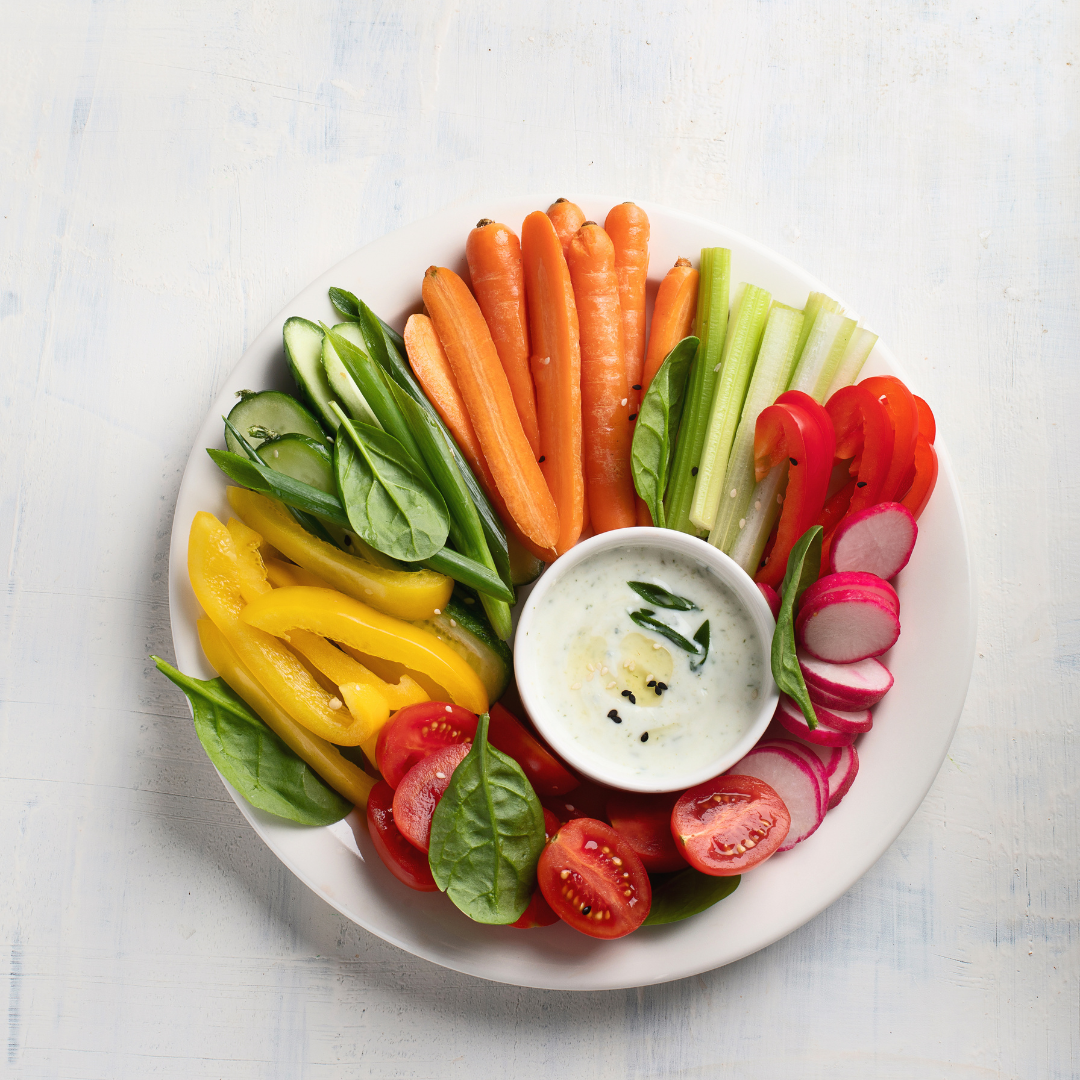
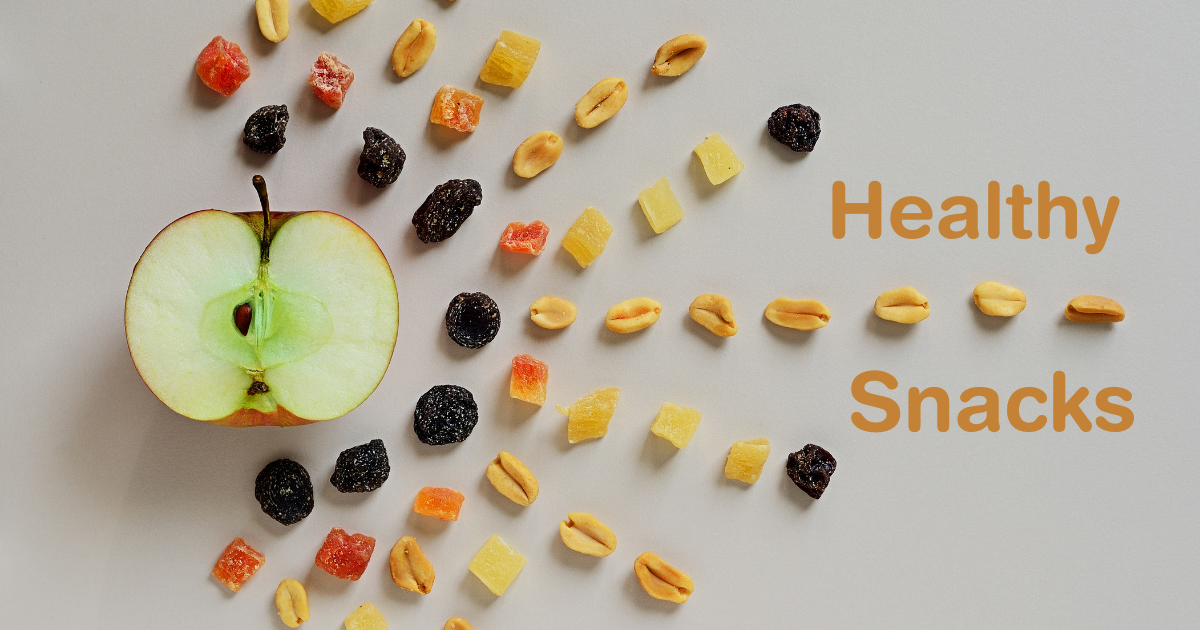
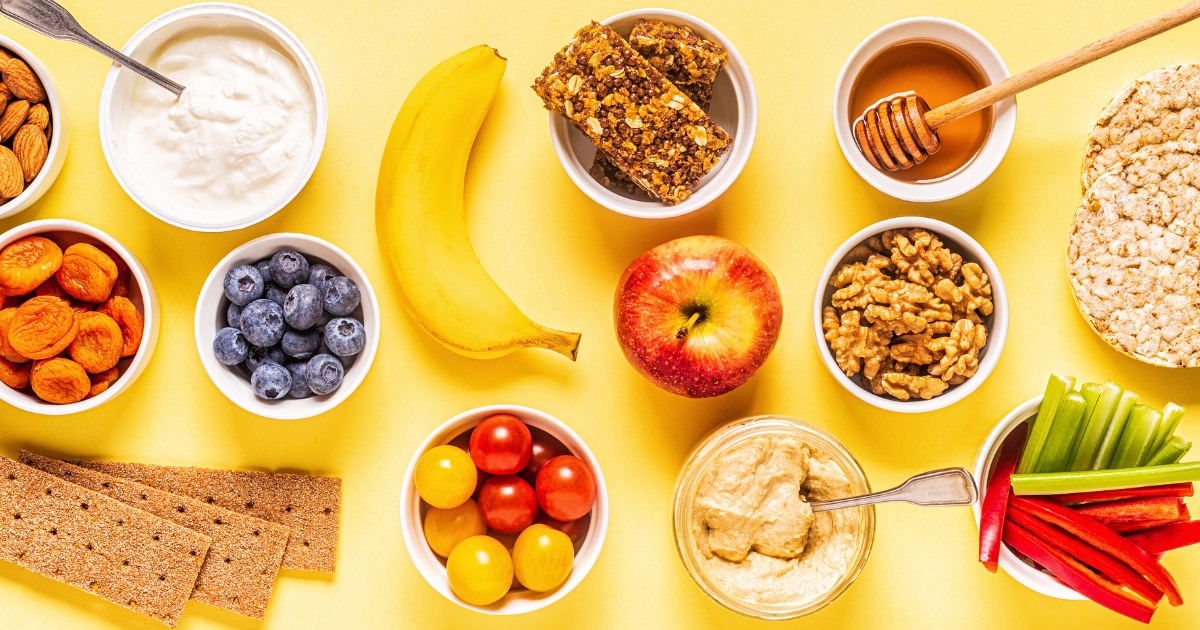
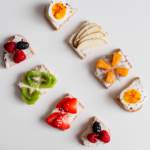
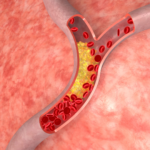
GIPHY App Key not set. Please check settings